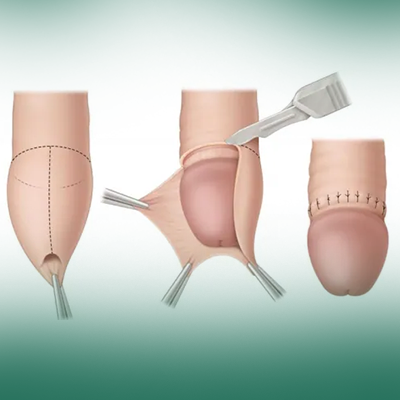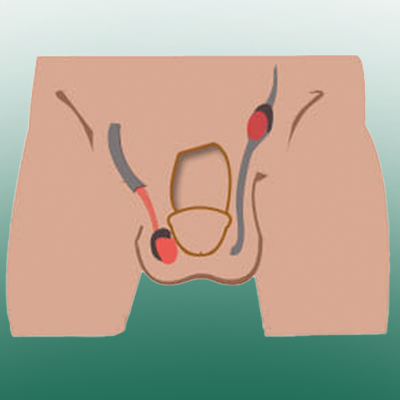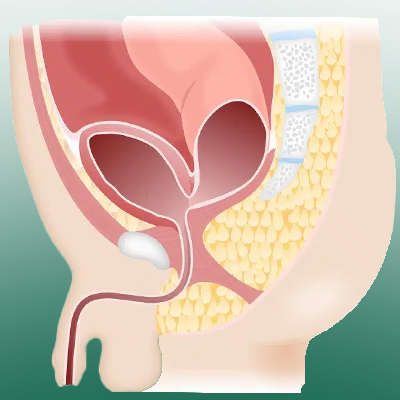This is a common condition affecting about 4-11% of newborns, in which there is a short or thick ligament under the tongue that connects it to the floor of the mouth. This band prevents the tongue from moving freely, which can cause difficulty with breastfeeding and speech
Tongue-tie affects more boys than girls
What are the symptoms of tongue-tie?
Difficulty in breastfeeding, such as not being able to properly attach to the mother’s breast or not being able to absorb milk efficiently.
Difficulty in removing the tongue from the mouth.
Difficulty with pronunciation, such as incorrectly pronouncing certain sounds such as “R” and “L”.
Excessive salivation.
Difficulty chewing and swallowing.
What is the treatment for tongue-tie?
Treatment for tongue-tie depends on the severity of the condition. In some cases, tongue-tie can be treated with special exercises that help release the tongue. In other cases, a minor surgery may be required to cut the ligament.
What are the complications of tongue-tie?
If left untreated, tongue-tie can lead to complications such as
Difficulty feeding, which can lead to growth retardation.
Difficulty with speech, which can affect social communication and education.
Dental issues, such as plaque buildup and tooth decay










